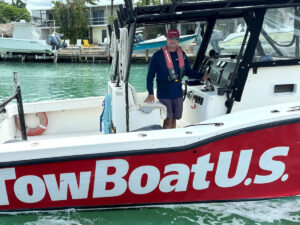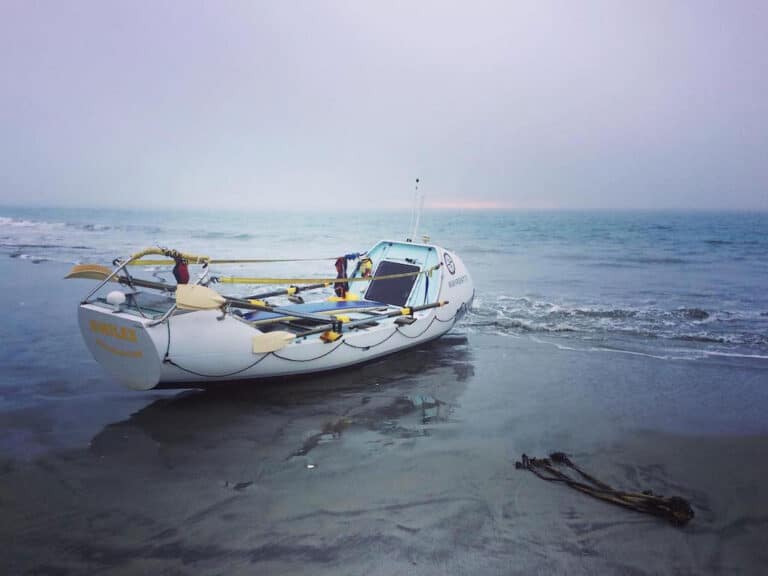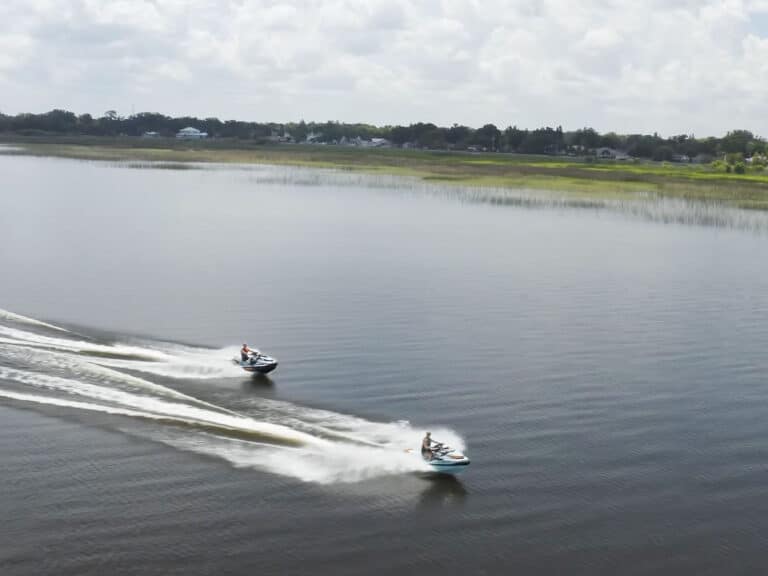
Remember what Mom taught you, where the sidewalk met the street? “Stop, look and listen before you cross the street. Use your eyes, use your ears, and then use your feet.”
Change stop to prudent speed, eyes and ears to all available senses and aids, and feet to throttle, and you’ve got a pretty good condensation of Rule 5 of the International Regulations for Preventing Collisions at Sea, the granddaddy of boating rules.
Rule 5 requires that every vessel “shall at all times maintain a proper lookout by sight and hearing as well as by all available means appropriate in the prevailing circumstances and conditions so as to make a full appraisal of the situation and of the risk of collision.”
As boat operator, that’s your responsibility.
It means maintaining an unobstructed view from the helm, to continuously eye waters off the bow and starboard and port sides, for boats, swimmers and swimming areas, skiers, flags, fish-net and other buoys, floating debris and obstacles such as stumps and bars.
It means adjusting boat-handling for conditions such as darkness, fog, and boat traffic. Mom told you to stop at the street; on the water, slowing might be a sound strategy when lookout work gets difficult.
Watch behind too, for a boat that might overtake you.
You can designate a lookout helper, and he or she can be a real safety asset, but you’re still responsible.
You just know that if Mom had binoculars, night vision devices, radar, sonar, a VHF radio and other aids to safe street crossing, she’d have included them in the rhyme. If your boat has equipment such as radar, radio or other gear, Rule 5 requires you to use it to help avoid collisions.
(Common sense dictates that you don’t let other equipment, such as smart phone or stereo, distract you from a proper lookout.)
Mom’s advice was a solid start, for any boater.
Rule 5 takes it a step further: in short, it says watch to make sure you don’t hit anything, and that nothing hits you.
The U.S. Coast Guard is asking all boat owners and operators to help reduce fatalities, injuries, property damage, and associated healthcare costs related to recreational boating accidents by taking personal responsibility for their own safety and the safety of their passengers. Essential steps include: wearing a life jacket at all times and requiring passengers to do the same; never boating under the influence (BUI); successfully completing a boating safety course; and getting a Vessel Safety Check (VSC) annually from local U.S. Coast Guard Auxiliary, United States Power Squadrons®, or your state boating agency’s Vessel Examiners. The U.S. Coast Guard reminds all boaters to “Boat Responsibly!” For more tips on boating safety, visit www.uscgboating.org.








